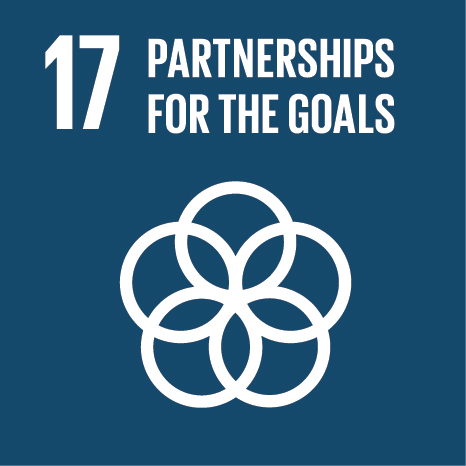Environmental Treaty Secretariats as Attention-Seeking Bureaucracies: Cornerstones of an Analytical Framework
Event Title
59th Annual Convention of the International Studies Association: “Power of Rules and Rule of Power”
Year (definitive publication)
2018
Language
English
Country
United States of America
More Information
Web of Science®
This publication is not indexed in Web of Science®
Scopus
This publication is not indexed in Scopus
Google Scholar
This publication is not indexed in Overton
Abstract
International treaty secretariats are increasingly seen as influential actors in global environmental policymaking. Yet, we still lack understanding of how and under which conditions they exert influence on multilateral environmental negotiations. So far, most scholars adopt a principal-agent perspective, arguing that bureaucracies hold preferences that deviate from those of their principals, thereby creating problems of oversight and control. According to this view, bureaucracies become influential because they operate "behind the scenes". We question this assumption by conceptualizing international treaty secretariats as attention-seeking bureaucracies. Rather than acting below the radar of their principals and the public in general, we expect treaty secretariats to actively seek the attention of the parties to multilateral environmental negotiations. We expect secretariats: 1) to be most influential at the stages of problem definition and agenda-setting. 2) Due to their limited powers, they need the attention of the negotiating parties in order to become influential. 3) We therefore expect them to advocate more or less openly for their policy positions. 4) They do so either directly by seeking the attention of negotiators or indirectly by building up support outside the negotiation arena. In both cases, treaty secretariats act as attention-seeking policy advocates rather than "undercover agents".
Acknowledgements
--
Keywords
international public administration,environmental policy,global environmental governance,climate policy,biodiversity policy,international bureaucracy,international organizations
Fields of Science and Technology Classification
- Political Science - Social Sciences
Contributions to the Sustainable Development Goals of the United Nations
With the objective to increase the research activity directed towards the achievement of the United Nations 2030 Sustainable Development Goals, the possibility of associating scientific publications with the Sustainable Development Goals is now available in Ciência_Iscte. These are the Sustainable Development Goals identified by the author(s) for this publication. For more detailed information on the Sustainable Development Goals, click here.

 Português
Português


